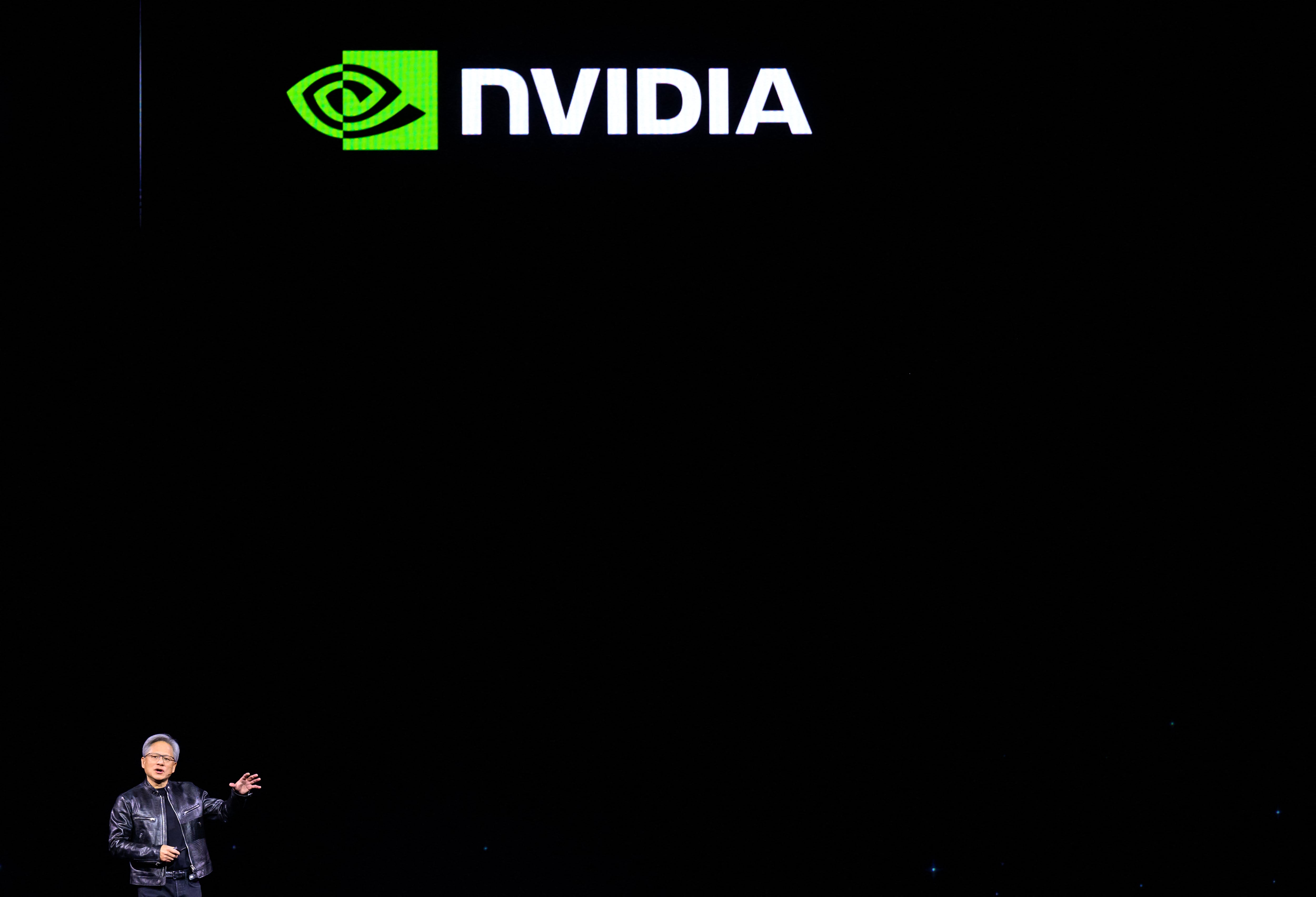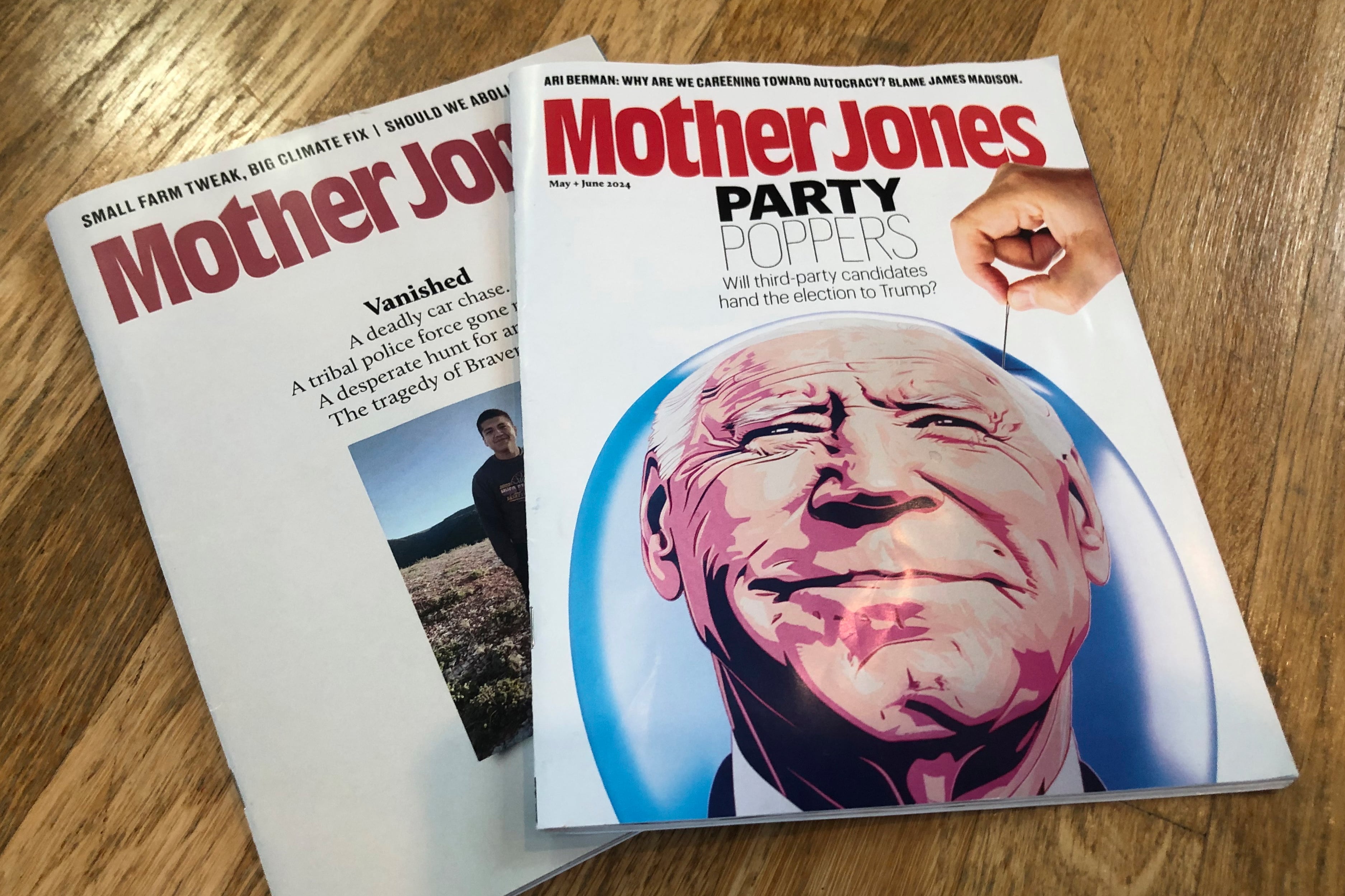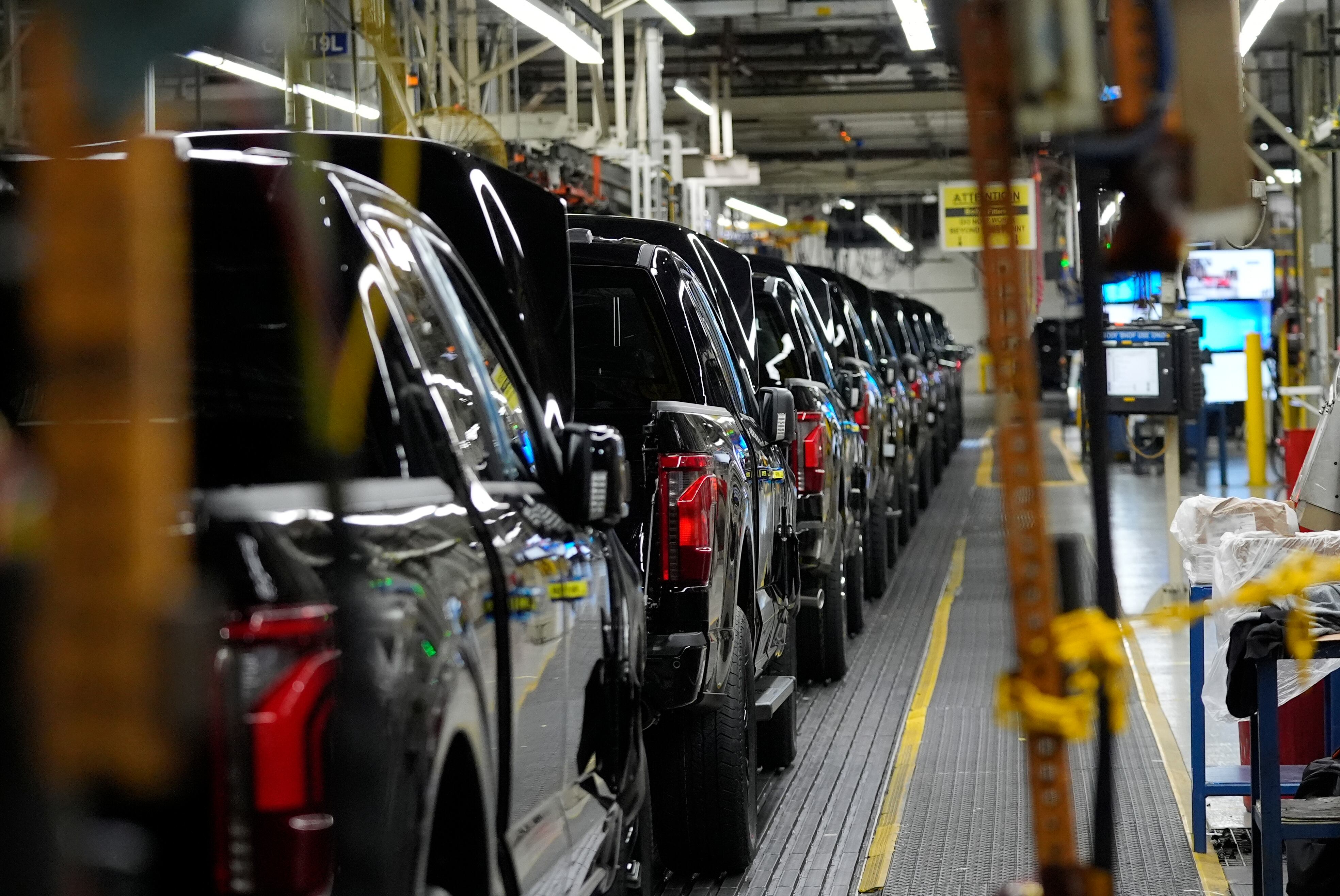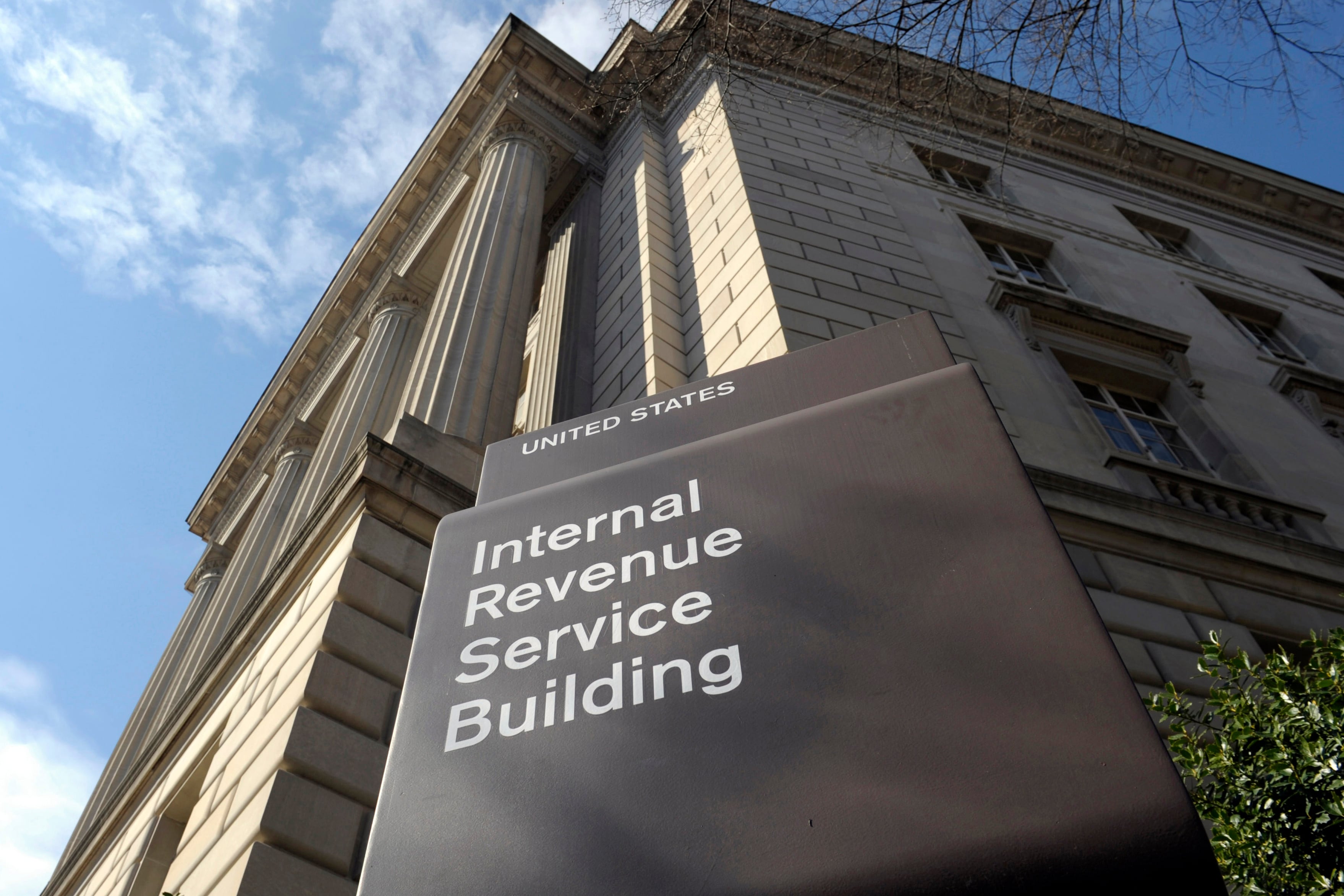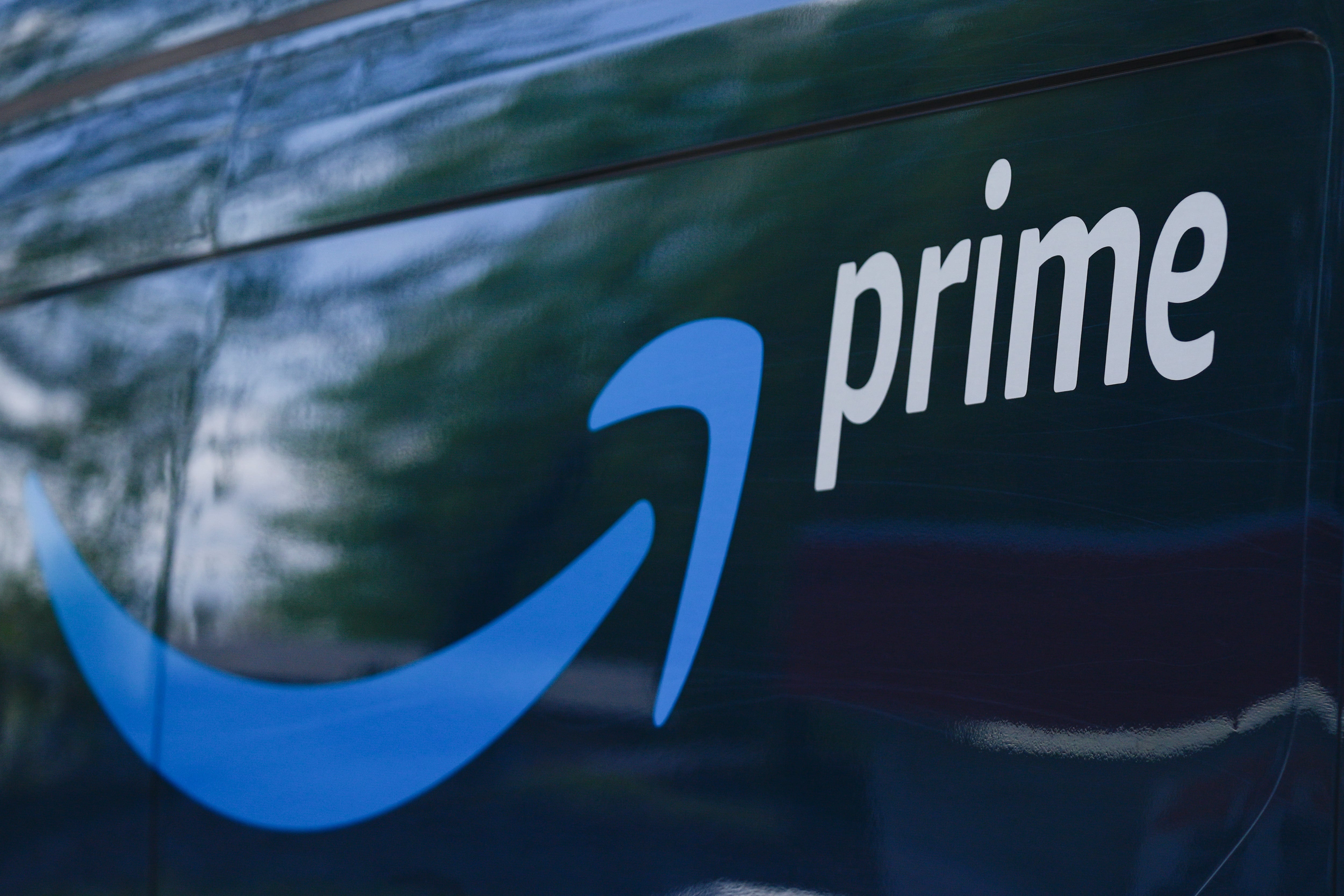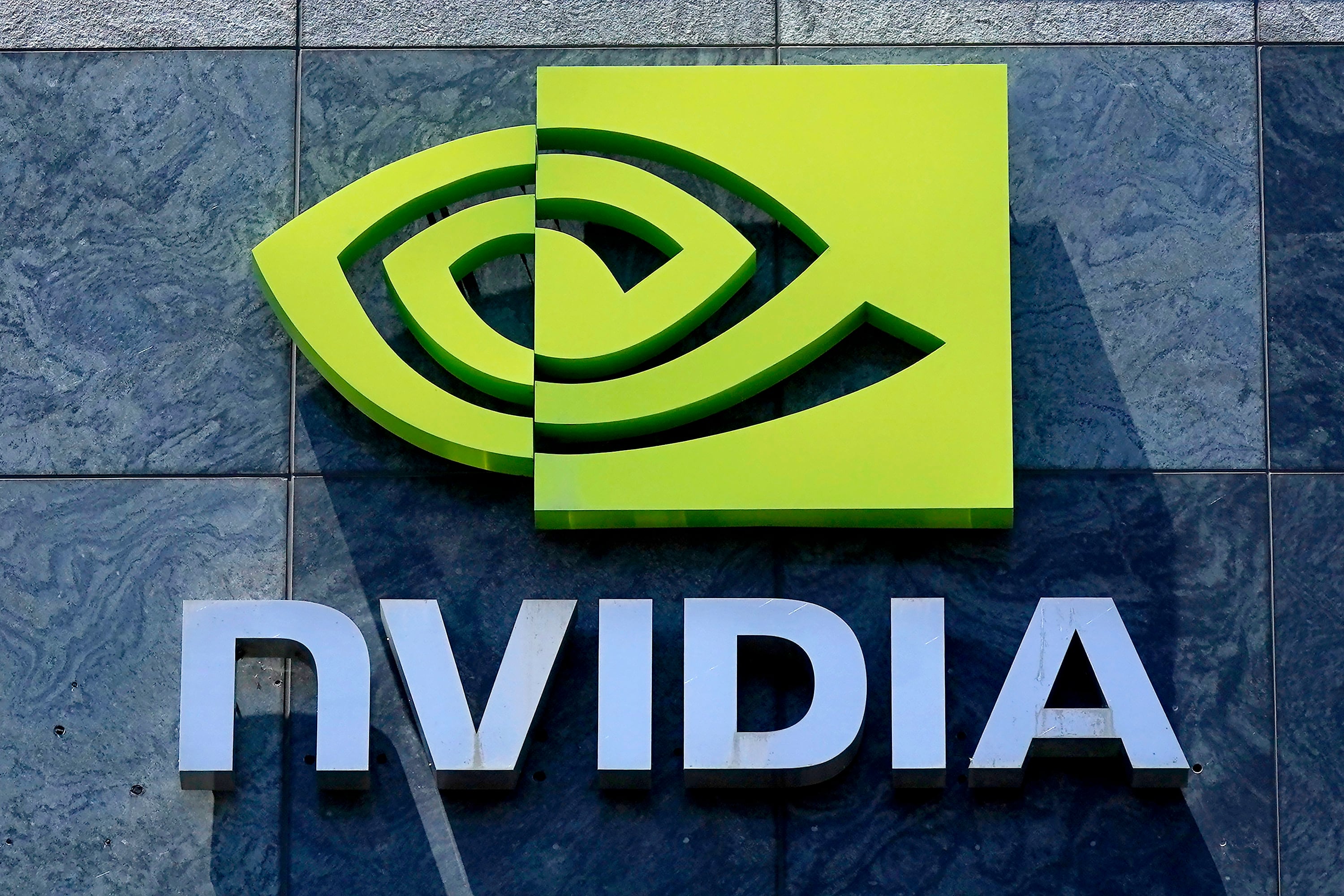By Stan Choe, Alex Veiga, and Damian J. Troise
Updated 4:45 pm ET
Wall Street careened through all the forces that have pushed and pulled it through the week, at first rising on Friday amid hope for the economy and then falling on worries about worsening coronavirus levels in some states, all before ending with modest losses.
The S&P 500 dropped 0.6%, a relatively small move to cap its fourth weekly gain in the last five. But the market had appeared headed for a bigger day earlier in trading, either up 1.3% or down 1%.
It’s another example of how uncertainty is the dominant force over Wall Street as investors weigh budding improvements in the economy against worsening infection levels in the South and West. Also, exacerbating volatility was Friday's simultaneous expiration of contracts for stock options and futures, an occasional occurrence that can drive bouts of buying and selling and is known as “quadruple witching day.”
The S&P 500 fell 17.60 points to 3,097.74. The Dow Jones Industrial Average dropped 208.64 points, or 0.8%, to 25,871.46 after earlier swinging from a gain of 371 points to a loss of 320 points. The Nasdaq composite inched up by 3.07 points, or less than 0.1%, to 9,946.12.
Early in the day, U.S. stocks appeared set to follow European and Asian markets higher and follow through on Wall Street’s momentum from earlier in the week.
Stocks had rebounded from last week’s 4.8% drop, the worst in nearly three months, in large part because of a report showing U.S. shoppers spent much more last month at stores and online retailers than economists expected. That followed up on encouraging data about the U.S. jobs market and bolstered hopes that the economy can pull out of its recession relatively quickly.
“You’re seeing big moves off of very weak numbers,” said Quincy Krosby, chief market strategist at Prudential Financial. “What’s happening is the data are getting less bad.”
Economists at Bank of America now expect the U.S. economy to shrink 5.7% this year, a severe contraction but not as bad as their earlier forecast for an 8.1% plunge.
“Economic data continue to point to a faster and stronger initial recovery,” they wrote in a BofA Global Research report. Some of that is due to economic activity being pulled forward from what they had expected to occur next year, ahead of a long road to full recovery.
The Federal Reserve also reminded markets this week how much it’s doing to prop up the economy.
The central bank said early in the week that it will buy individual corporate bonds as part of its previously announced plan to support lending markets for big employers. Later in the week, the Fed’s chair said it plans to continue to keep interest rates pinned at nearly zero to help cushion against the recession.
It was huge efforts by the Fed, along with spending by Congress, that helped the stock market turn around in March from its nearly 34% plunge.
But markets took a sharp turn lower Friday afternoon after Apple said it will temporarily close 11 stores in Arizona, Florida and the Carolinas.
The worst-case scenario for investors is that more waves of coronavirus infections lead to additional business shutdowns, which devastated the economy earlier this year. Even if widespread stay-at-home orders don't happen, the fear is that scared shoppers may still shy away from stores and businesses may pull back on their own spending.
In another demonstration of how long the road will be back to a normal economy, the Cruise Lines International Association said Friday that its members are volunteering not to sail any voyages from U.S. ports until Sept. 15.
Cruise operators had some of the market’s sharpest losses, including a 6.9% drop for Royal Caribbean Cruises.
Other companies whose profits sorely need the economy to reopen were also weak. United Airlines fell 6.4%, Nordstrom lost 6.3% and mall owner Simon Property Group fell 5.4%.
Many analysts say volatility is likely the only certainty for the market in upcoming months. It may take years for the economy to fully recover, but it took just a few months for the stock market to rally back to within 9% of its record.
“The good news is that the momentum is still there, the breadth is still there,” said Mark Hackett, chief of investment research for Nationwide. “Everything still says the path of least resistance is higher. But this afternoon is a good reminder that it’s not going to be as easy as it felt.”
In Europe, the German DAX returned 0.4%, and France’s CAC 40 rose 0.4%. The FTSE 100 in London added 1.1%.
In Asia, Japan’s Nikkei 225 rose 0.6%, the Hang Seng in Hong Kong gained 0.7% and the Kospi in South Korea rose 0.4%.
The yield on the 10-year Treasury note held steady at 0.69% after climbing as high as 0.74% earlier in the day. It tends to move with investors’ expectations for the economy and inflation.
A barrel of U.S. crude oil for delivery in July rose 2.3% to settle at $39.75. Brent crude, the international standard, gained 1.6% to settle at $42.19 per barrel.

